It was 26 years ago when a group of disabled protesters with the group ADAPT crawled up the Capitol steps to protest the continued segregation of disabled people in American society. As demoralizing as watching a group of crips crawl up of a flight of steps was, it was even more demoralizing to see how disabled people are treated before 1990, when the Americans with Disabilities Act was signed into law by Pres. George H.W. Bush. It is a fact that the Capitol Crawl was a pivotal moment that propelled Congress to pass the ADA. Without these protesters, where would we be today?
During this historic day for disability rights, I want to recognize my friends with disabilities making a difference, who are not white. Even in disability history, the narrative is often whitewashed. Disability does not discriminate by race, and we see increased rates of poverty in communities of color. Seldom do we hear about black, indigenous, Latino, Asian, mixed race, or other non-white disabled people. Disabled women of color are left out of being included in many feminist movements. Non-white people with disabilities often feel excluded from the movement against racial inequality. Those who are not white and have disabilities, and are also LGBTQ, feel excluded from the greater LGBTQ movement. At the same time, these individuals are making great strides for inclusion, in all of the communities they represent.
Without further ado, here are nonwhite disabled activists, making a difference in the world. These are people you need to know. I am certainly proud to know and be able to advocate with them.
Anita Cameron has been a longtime activist with ADAPT, and is part of the brains behind Million Gimp March. She was at the Capitol Crawl…. and has been arrested numerous times protesting for our rights.
Leroy Moore is an amazing person… a writer, poet, activist and founder of the Krip Hop movement… The movement explores the realities of disability through hip-hop. He is also a published author, and is strongly advocating to educate the world about disabled activists of color.
Alice Wong is an activist out of San Francisco, who is the founder of the Disability Visibility Project and is one of the creators of the #CripTheVote movement, to get disability on the radar of politicians in the current election. Alice has served on the National Council on Disability under Pres. Barack Obama.
Lydia X. Z. Brown is an autistic writer, law student, activist, and speaker who is one of the leading voices in the call for prison reform, criminal justice reform and exploring how that intersects with race and disability. Their intersectional look at disability, gender, sexuality, race, and gender identity, has led the way for many other intersectional activists, including myself.
Maysoon Zayid is a Muslim American comedian, actress, and all around badass. One of my besties and wing crip, Maysoon has led the charge for inclusion of disabled people in all aspects of life, particularly in the media. Her comedy has introduced millions of people to the idea disability does not limit us.
Judith E. Wilson Burkes is a leader in the disability community who has been advocating for the inclusion of people with invisible disabilities. Judith is a foodie and disability awareness advocate fighting the good fight for all of us crips!
Victoria M. Rodríguez-Roldán is the director of the Trans/Gender Non Conforming Justice Project at National LGBTQ Task Force. Victoria is a trans and mental health activist fighting for inclusion, especially for those with psychiatric disabilities, as well as fighting against mental health stigma. Her work has explored the intersectionality of mental health, disability, and trans identity.
Day ‘Deena’ Al-Mohamed is a disabled filmmaker and activist living in Washington DC. She is working on multiple film projects, including a documentary about the invalid corps, a disabled regiment in the Civil War. Day is a disability and LGBT activist, who is fighting for greater inclusion of people with disabilities in front of and behind the screen. She is also extremely knowledgeable about geek culture, and she advocates for disability inclusion in all artistic mediums, including comic books.
Hamza Jaka is a law student, activist, and a purveyor of geek culture. He has been invited to the White House for his work in disability rights. Hamza advocates for the inclusion of disabled people and proper representation in the media, particularly the inclusion of crip culture in comic books.
Daniel Garcia is a Los Angeles-based advocate working towards inclusion for people with disabilities, with a focus for inclusion in the Latino community. He has advocated against discrimination in all public sectors, including greater access in transportation. He is also active with the Special Olympics. Daniel has done a lot of work in the area of rehabilitation services.
These are just a few of the amazing disabled people who are fighting every day for inclusion for all of us. I wish I could include everyone, because there are many amazing intersectional disabled people who are seldom acknowledged. In spite of that, they continue to fight.
When we remember the disability rights movement, we need to include everyone who was out there fighting, trying to make a difference, regardless of their race, sexuality, gender, gender identity, cultural identity, or religion.
Together, we can break down barriers, and with these people on my side I feel a little more secure in knowing we will one day see equality for all people with disabilities.
Do you know some excellent disability activists who should be added to my list? Add them to the discussion by leaving a comment!

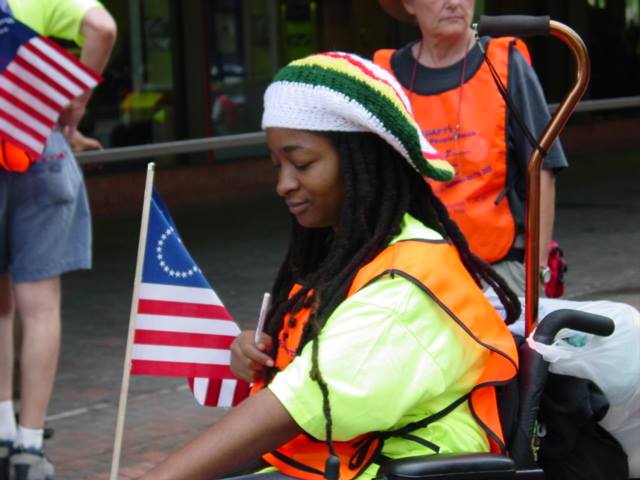
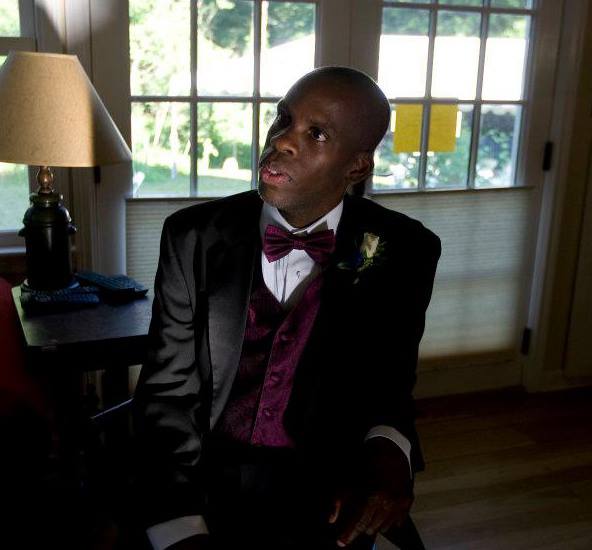
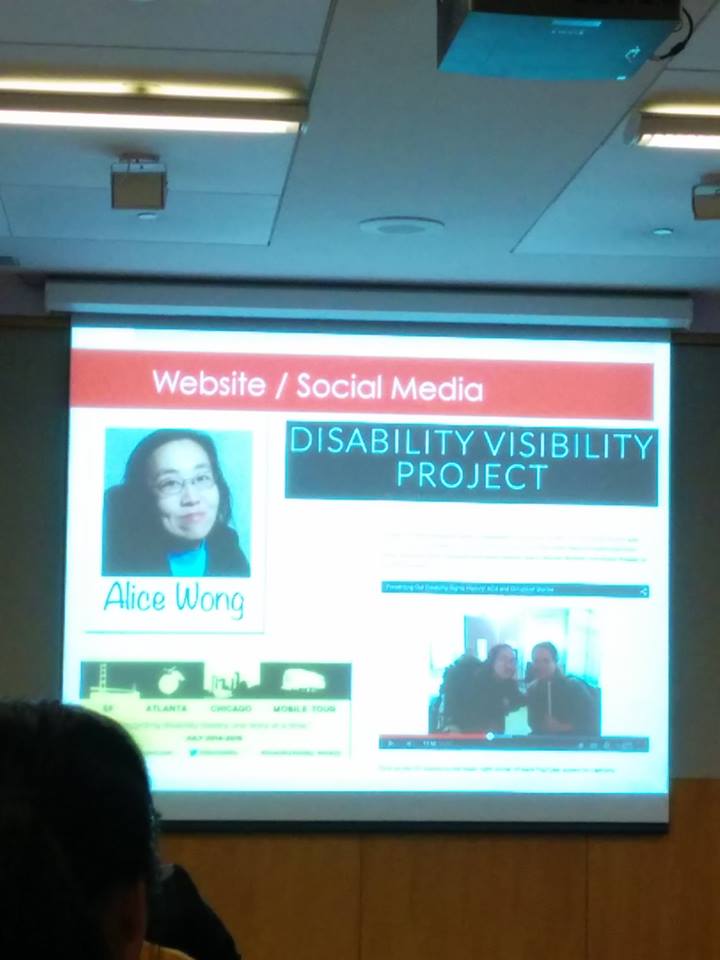
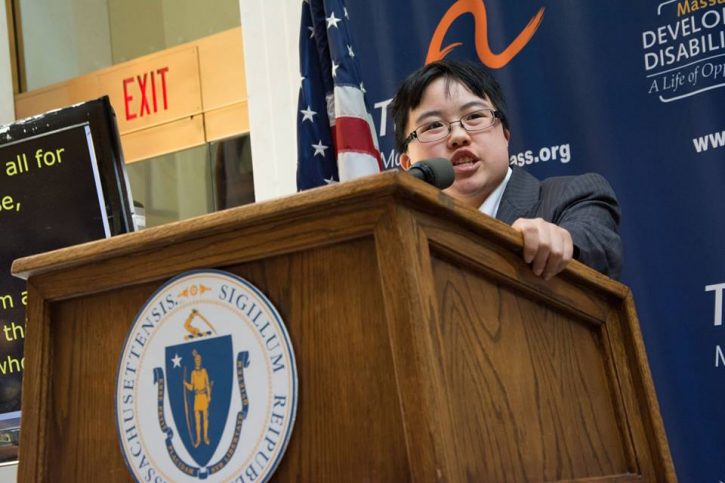
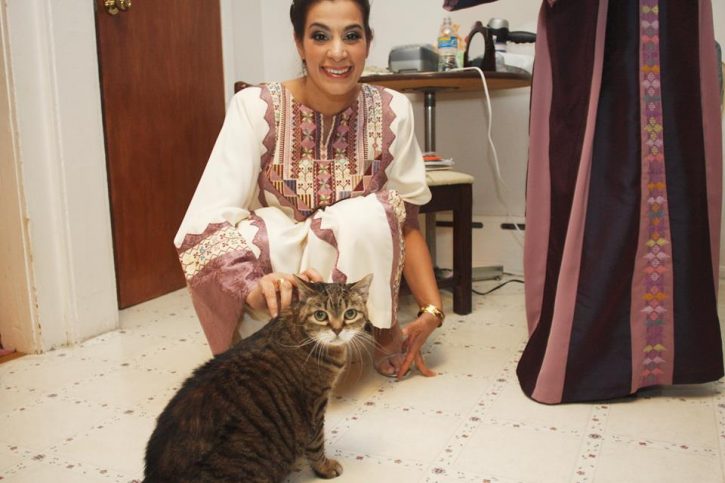
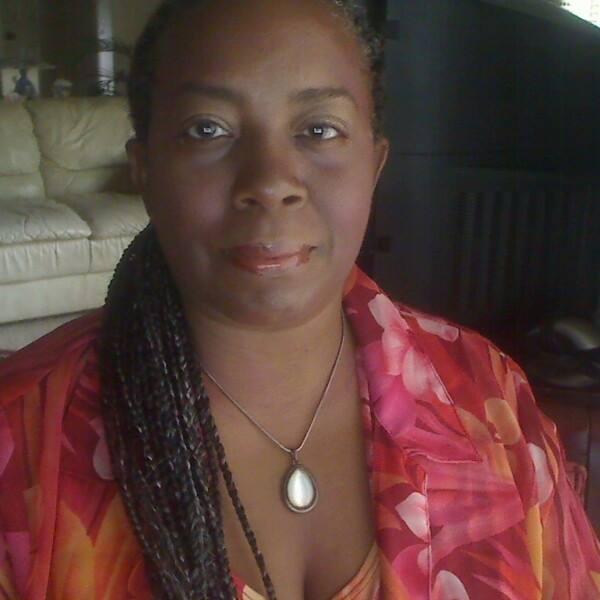
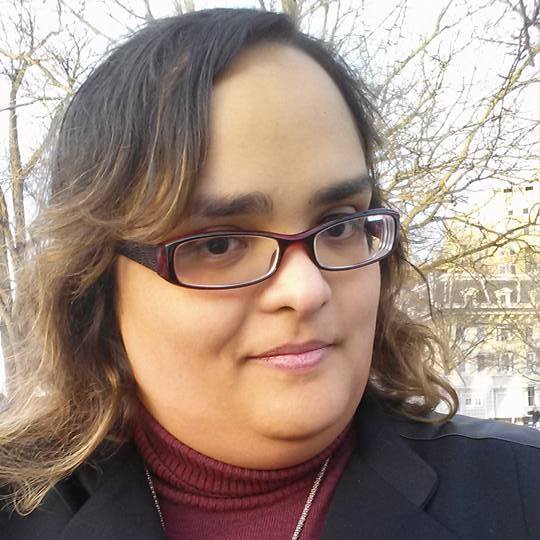
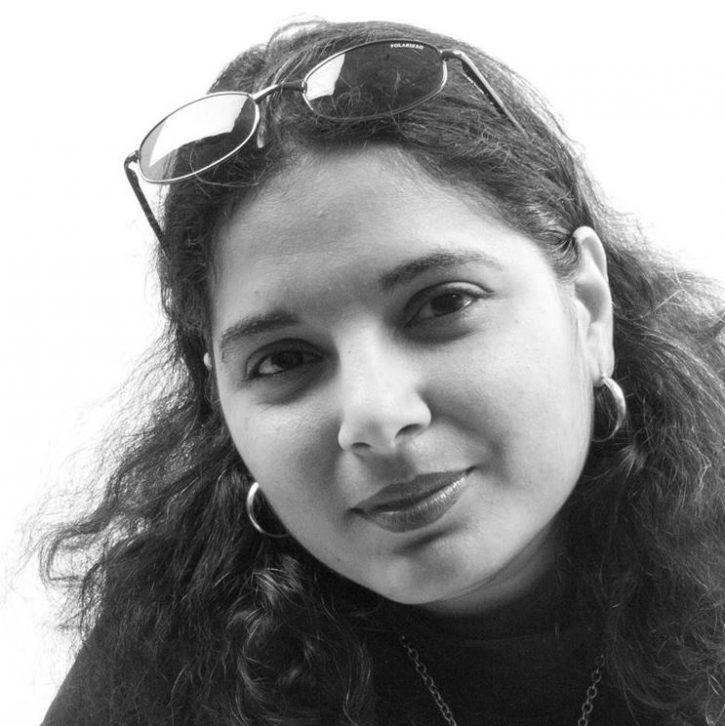
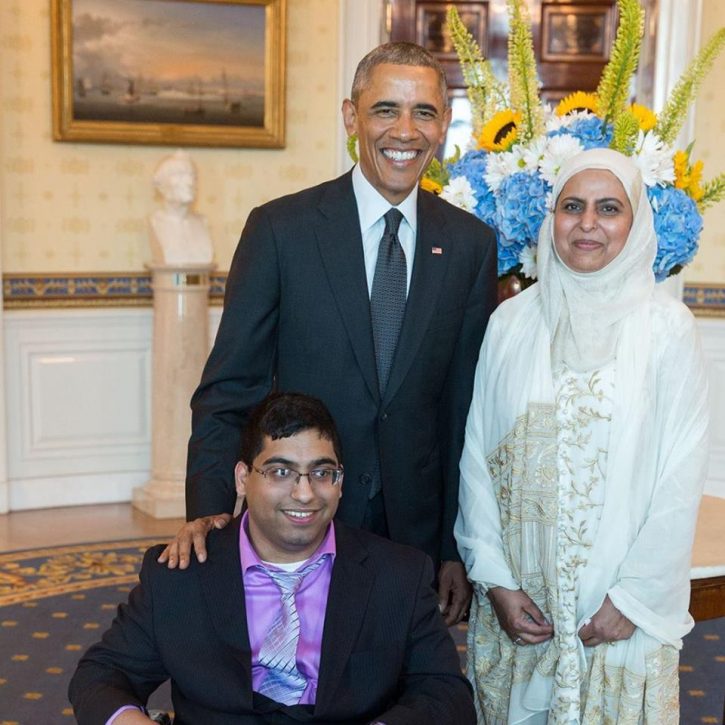
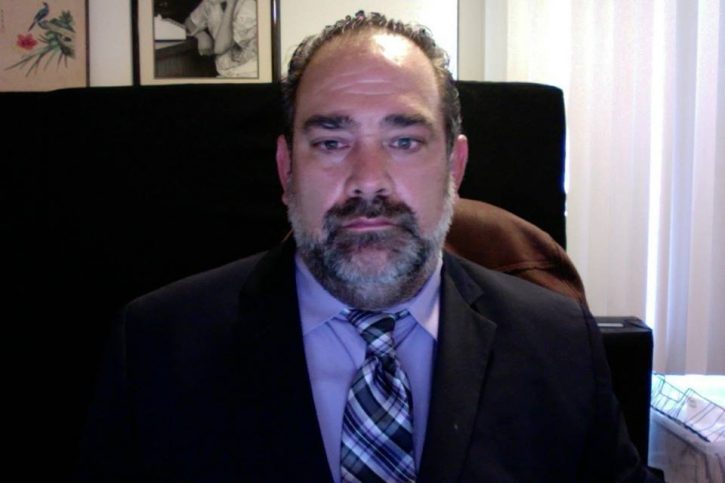
It would be great if we could use the word disabled or person(s) with disabilities instead of ‘crip’. Where I live I still hear and see the word ‘handicapped’. Seeing crip makes me feel bad and makes me feel like we’re not progressing or viewing ourselves with respect. I get the whole own it angle to the word, but it’s sour to my sensibilities, like using ‘nigger’.
Many disabled people are taking back the word crip for themselves…I personally prefer it.